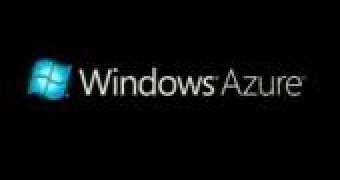A new whitepaper made available free of charge by Microsoft is designed to offer developers and technical decision makers insight into the security of the company’s Cloud platform.
The Windows Azure Security Overview whitepaper (that can be accessed via this link) will certainly prove useful to customers looking to embrace Windows Azure.
“Windows Azure, as an application hosting platform, must provide confidentiality, integrity, and availability of customer data,” reads an excerpt of the whitepaper.
“It must also provide transparent accountability to allow customers and their agents to track administration of services, by themselves and by Microsoft,” it is added in the resource.
Just 22 pages long, the Windows Azure Security Overview focused on a variety of aspects including: Cloud security design; Security in the Development Lifecycle, Service Operations and even compliance.
Essentially, Microsoft has worked to provide details of the array of controls implemented within Windows Azure in the security overview whitepaper.
Of course, customers will ultimately need to assess Windows Azure along with the security capabilities offered by the Cloud platform, and see whether Windows Azure is the best choice for their requirements.
“To help customers better understand the array of security controls implemented within Windows Azure from both the customer's and Microsoft operations' perspectives, a new white paper, "Windows Azure Security Overview", has just been released that provides a comprehensive look at the security available with Windows Azure,” a member of the Windows Azure team revealed.
“Written by Charlie Kaufman and Ramanathan Venkatapathy, the paper provides a technical examination of the security functionality available from both the customer's and Microsoft operations' perspectives, the people and processes that help make Windows Azure more secure, as well as a brief discussion about compliance,” the Windows Azure team member added.
The overview will discuss a range of Windows security functionality available, including;
- identity and access management (via Windows Live ID) enhanced through mutual SSL authentication;
- layered environment and component isolation;
- virtual machine state maintenance and configuration integrity;
- triply redundant storage to minimize the impact of hardware failures.”
Follow me on Twitter @MariusOiaga.

 14 DAY TRIAL //
14 DAY TRIAL //